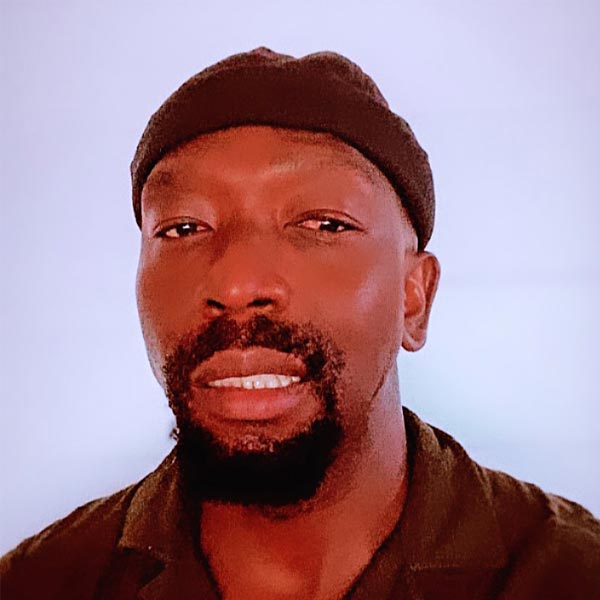Starting up, adroitly executing and sustaining a social enterprise can be fraught – with multiple pitfalls. The Atlantic Institute’s Johannesburg Social Entrepreneurship thematic convening provided strong practical pointers to the day-to-day running of a social enterprise. This was especially so because the convening holistically covered both documented and undocumented practicalities.
This had intense pertinence for me. As a water resources specialist in South Africa currently setting up an environmental and water resources social enterprise, there couldn’t have been better timing for such training and exposure.
Most powerful was how we interacted and learned from each other (from Fellow to Fellow). For me, this typified “izinja ze game” — an informal isiZulu expression describing those who are knowledgeable on a subject through their lived experience. Thus, our speakers and facilitators (both guests and other Atlantic Fellows) offered wise counsel and drew insights from their own social entrepreneurship journeys, rather than from secondary experiences and perceptions.
This convening prompts reflections on four issues:
First, most social entrepreneurs generate ideas and map out interventions from their own experiences and successes. Being aware, affected and concerned means you are likely to generate ideas, solutions and interventions for practical societal challenges. How an idea plays out in practice is what matters — dream to reality is what counts.
Second, in the process, start-ups have to exercise patience. The journey has to be incremental. We start small and grow bigger as we gain support and prominence. As we grow from one phase to the other, we need to draw strength from our social ecosystems — and, where possible, lean on them.
The question now is, how do we tap into others’ resources and wisdom to benefit the start-up? One can draw on these resources through partnering, mentorship, incubations and educational support.
Third (drawing strength from the ecosystem): The presentations underscored that no individual can solve the world’s problems solely. Hence the need for working within an ecosystem. This includes upholding high standards of ethical conduct, integrity and good governance.
But working with people may present complexities — including creating (or imagining) both enemies and allies.
What sets an enemy apart from an ally? Sometimes, to maximise impact, you might have no option but to work with “the enemy”. Yet is the enemy real, imagined or misperceived? Who is most likely to be an enemy? Do these questions suggest you dump the idea? No!
It may be necessary at times to self-introspect, tore-assess the relationship with the partner in perceived conflict. The constant questions are, what should we be looking for from a partner and which individuals should we avoid?
Finally: A start-up founder needs a positive mindset, must generate realistic and achievable dreams, be willing to learn from those with practical experience, and absorb criticism positively.
Two Take-Aways
Partnering - a caution: Based on the journey, experience and advice of one of the guest speakers at the Convening, Nhlanhla Ndlovu, founding director of Hustlenomics, an innovative affordable housing enterprise. He shared the pros and cons of partnering and working with friends and family members. Be alert to how this may jeopardize the organizational dream. Are we alert to the thin boundaries between family bonds and necessary business ethics?
My take on “working with the enemy” An imagined enemy for me: sometimes the enemy can be oneself. How so? Take the instance where a presenter is delivering a lecture and uses words or acronyms unfamiliar to the audience. Participants take out their cell phones, and search – or ask the person sitting next to them. This may seem to show a lack of interest and even disrespect. Yet the person is in fact merely trying to catch up without intruding on the presentation.
Photo of Nhlanhla Mnisi (Global Atlantic Fellow for Racial Equity) by Distilled Photography (Karobo).






.png)

